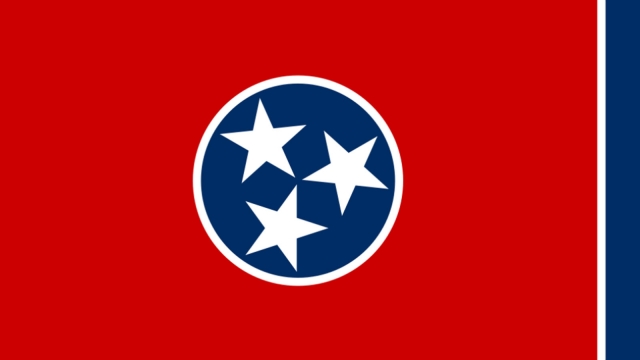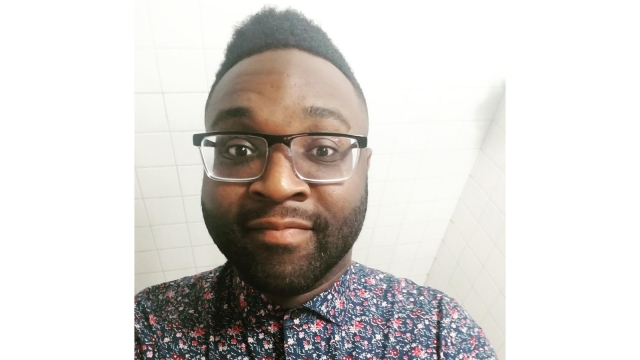SHAMEFUL: Tennessee Gov. Bill Lee Signs Harmful Anti-LGBTQ Child Welfare Bill

Today, HRC condemned Tennessee Governor Bill Lee for signing HB 836, a bill that would allow child welfare organizations — including taxpayer-funded adoption and foster care agencies — to turn away qualified Tennesseans seeking to care for a child in need, including LGBTQ couples, interfaith couples, single parents, married couples in which one prospective parent has previously been divorced, or other parents to whom the agency has a religious objection.
“It’s disturbing that Governor Bill Lee signed legislation that will harm children in Tennessee,” said HRC President Alphonso David. “Elected officials should protect all of their constituents, not just some. Now, Tennessee has the shameful distinction of being the first state to pass an anti-LGBTQ bill into law this year. This bill does nothing to improve the outcomes for children in care, shrinks the pool of prospective parents and is a blatant attempt to discriminate against LGBTQ Tennesseans. With many months ahead in the Tennessee legislative session, Tennesseans should make their voices heard — loudly — to ensure that the legislature and Gov. Lee do not continue to target LGBTQ Tennesseans.”
“As this bill becomes law, Tennessee’s LGBTQ community is worried about the introduction of even more discriminatory bills,” said Chris Sanders, executive director of the Tennessee Equality Project. “The Governor and the Legislature must put a stop to this kind of demeaning public policy.”
HB 836 could have a sweeping, harmful impact in child welfare services by enabling discrimination against LGBTQ people, same-sex couples, interfaith couples, single parents, married couples in which one prospective parent has previously been divorced, or other qualified parents to whom an agency has an objection. The biggest barrier to placing children with families is a lack of qualified prospective parents; having the state give contractors and subcontractors a license to discriminate, thereby limiting the pool of prospective parents for no legitimate reason, is unconscionable and an unacceptable use of taxpayer dollars.
HRC recently released a report, titled Disregarding the Best Interest of the Child: License to Discriminate In Child Welfare Services, detailing the harms of efforts to write anti-LGBTQ discrimination by child welfare agencies into law. Statistics suggest that an estimated two million LGBTQ adults in the U.S. are interested in adoption, but the LGBTQ community often remains an untapped resource when it comes to finding families for children and youth in foster care.
Research consistently shows that LGBTQ youth are overrepresented in the foster care system, as many have been rejected by their families of origin because of their LGBTQ status, and are especially vulnerable to discrimination and mistreatment while in foster care. HB 836 will only exacerbate these challenges faced by LGBTQ young people.
Read more

